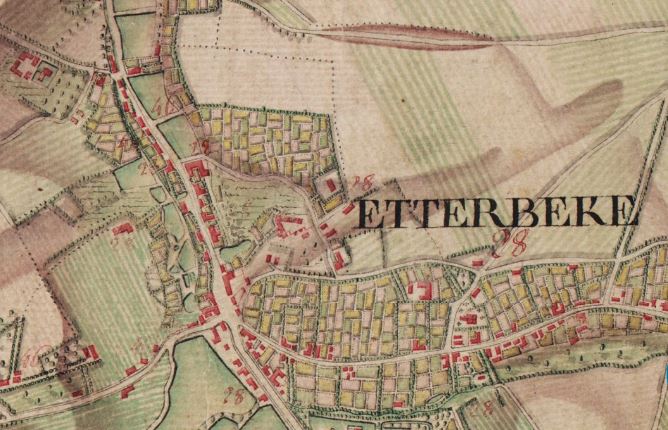|
François Weyergans
François Weyergans (; 2 August 1941 – 27 May 2019) was a Belgian writer and director. His father, Franz Weyergans, was a Belgian and also a writer, while his mother was from Avignon in France. François Weyergans was elected to the Académie française on 26 March 2009, taking the 32nd seat which became vacant with the death of Alain Robbe-Grillet in 2008. Biography He started film studies at the IDHEC (Hautes Études Cinématographiques), where he came to love the films of Robert Bresson and Jean-Luc Godard, among others. He soon began to write for '' Cahiers du cinéma'' and directed his first film in 1961, on Maurice Béjart, which led to his expulsion from the school as students were banned from making professional films. Novels After having been through some psychoanalysis, he published a satirical account of his treatment in a novel called ''Le Pitre'' (1971), which attracted some critical notice and won the Roger Nimier Prize. His second novel in 1981 was '' Macair ... [...More Info...] [...Related Items...] OR: [Wikipedia] [Google] [Baidu] |
Etterbeek
Etterbeek (; ) is one of the List of municipalities of the Brussels-Capital Region, 19 municipalities of the Brussels-Capital Region, Belgium. Located in the eastern part of the region, it is bordered by the municipalities of Auderghem, the City of Brussels, Ixelles, Schaerbeek, Woluwe-Saint-Lambert and Woluwe-Saint-Pierre. In common with all of Brussels' municipalities, it is legally Multilingualism, bilingual (French–Dutch). History Origins and etymology According to legend, Saint Gertrude of Nivelles, daughter of Pippin of Landen, founded a chapel there in the 8th century. A document by Otto I, Holy Roman Emperor, dated 966, mentions the church of ''Iatrebache''. The name ''Ietrebecca''—possibly from the Celtic languages, Celtic root ''ett'' meaning "rapid movement" and the Dutch word ''beek'' meaning "stream"—is found for the first time in a document dated 1127. The current spelling appears eleven years later in 1138, around which time a newer and larger church was bu ... [...More Info...] [...Related Items...] OR: [Wikipedia] [Google] [Baidu] |
